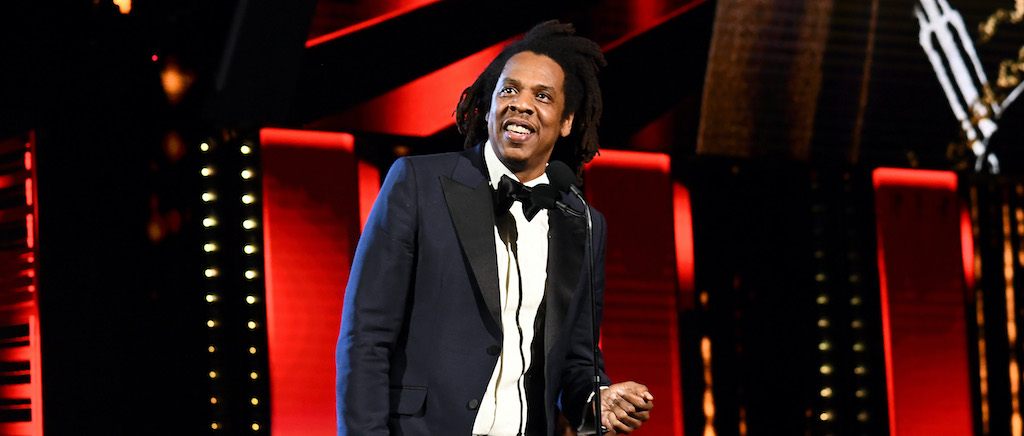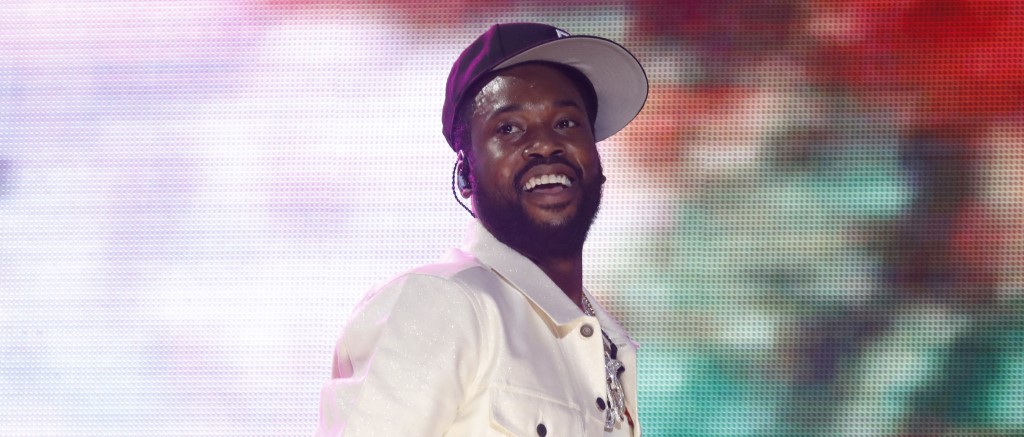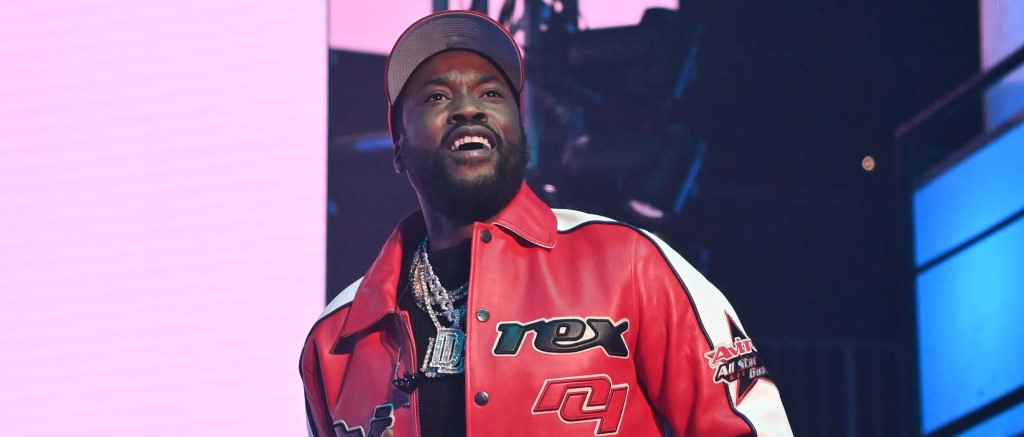
A recently proposed New York state bill to prohibit rap lyrics from being used in criminal trials has support from some of the biggest names in the music business, including Jay-Z, Big Sean, Fat Joe, Killer Mike, Meek Mill, Yo Gotti, and more. Proposed in November, Bill S.7527/A.8681 — “Rap Music on Trial” — passed through a Senate Codes committee today, according to Rolling Stone, clearing the way for a vote in the bicameral state legislature. Should it pass Senate and Assembly votes, it’ll go to Governor Kathy Hochul, who Jay and his fellow signatories urged to sign the bill into law in a letter from Jay-Z’s lawyer, Alex Spiro, who co-wrote the letter along with University of Richmond Professor Erik Nielson.
Professor Nielson is the author of Rap On Trial, which examines and criticizes the use of rap lyrics to paint rappers as violent individuals, biasing juries against them in trials that often have little to do with the contents of their music.
“This reform is urgently needed,” reads the letter. “Rather than acknowledge rap music as a form of artistic expression, police and prosecutors argue that the lyrics should be interpreted literally – in the words of one prosecutor, as ‘autobiographical journals’ – even though the genre is rooted in a long tradition of storytelling that privileges figurative language, is steeped in hyperbole, and employs all of the same poetic devices we find in more traditional works of poetry.”
The timing of the bill is especially poignant in light of the recent death of Drakeo The Ruler, who spent two years in jail in Los Angeles as the city’s District Attorney prosecuted a case against him built largely around the lyrics of his music rather than hard evidence. Drakeo was later released after a new District Attorney was voted in, but had lost two valuable years of freedom, a case made all the more tragic by his death in December.
In a statement, Senator Jamaal Bailey of the Bronx, who co-authored the bill alongside Senator Brad Hoylman and Assemblymember Catalina Cruz, said, “Presuming a defendant’s guilt based solely on musical genre or creative expression is antithetical to our foundational rights and perpetuates the systemic racism that is embedded into the criminal justice system through discriminatory conflations of hip-hop and rap with criminality.” In short, don’t believe the hype; all rappers aren’t “thugs” and none should be considered guilty just because they rap about their conditions.






